Domain:Knowledge and practices concerning nature and the universe
State: Arunachal Pradesh
Description:
The term Sowa-Rigpa is derived from Bhoti language which means ‘knowledge of healing’. It is an ancient Indian medical system conceived and propounded by Lord Buddha and later developed in the Trans- Himalayan region. Sowa-Rigpa originated in India 2500 years ago and was introduced in the TransHimalayan region around the 8th Century CE. Since then, it has been propagated and transmitted through teacher-student-lineage (including family lineage) prevalent in the secular and monastic contexts of the Trans Himalayan region of India. Sowa-Rigpa is a traditional medical system of Ladakh, Sikkim, Darjeeling and Kalingpong (West Bengal); Lahoul-Spiti, Kinnour, Dharamsala regions of Himachal Pradesh; Mon-Tawang and west Kameng regions of Arunachal Pardesh; and Tibetan settlements in various parts of India. Sowa-Rigpa is also traditionally practiced in Bhutan, Mongolia, Tibet, China, Nepal and some parts of Central Asia.
Over the centuries, Sowa Rigpa has been incorporated into different environmental and cultural contexts. It has moulded itself into the socio-cultural lineage since ages, where every village has had an Amchi family to look after public health. Today, Sowa-Rigpa is acknowledged as a traditional medical system by the governments of India, Bhutan, Mongolia and Tibet. The principal medical text rGyud-bZi (Chatush Tantra, a texbook of fundmental principles of Sowa-Rigpa in Sanskrit language) was pioneered by Lord Buddha and translated into Bhoti language between the 8th and 12th Century, and amended by Yuthok Yontan Gombo and other scholars of the Trans Himalayan region according to the prevailing socio-climatic conditions. The fundamental principles of Sowa-Rigpa are based on Jung-wa-nga (Panchmahabutha), Nespa-sum (Tridosha) and Luszung-dun(Saptadhatu). According to Sowa- Rigpa, health is an equation of balance of Tridosha and five cosmophysical energies (Panchmahabuta), balance within the body, balance with the environment, and with the Universe. Pulse examination and astrological evaluation/analysis of an individual are the unique diagnostic tools in Sowa-Rigpa. Natural resources which are safe, effective and time tested, are used as the elements of medication. Sowa Rigpa education, healthcare and research is formally recognised and promoted by the Government of India.
Traditionally, Sowa-Rigpa practicing families and Sowa-Rigpa Gurus were the custodians of this ancient healing system of India. The Sowa-Rigpa practice has been harmoniously incorporated into the socio-cultural framework of the Trans-Himalayan region over the ages, where every village has an Amchi (practitioner of Sowa-Rigpa) family to look after public health. The traditional practice of Sowa-Rigpa has been practiced in particular Amchi families for generations, and in some cases is transferred from the Guru to his disciple. The father Amchi or Guru trains his student and after the completion of his education the young Amchi has to appear in a community exam (rTsa-Thid) in the presence of expert Amchis (examiners). After passing the exam, the Amchi becomes a custodian of the Sowa-Rigpa practice. At present, the traditional Amchi families, institutionally trained Sowa-Rigpa doctors, different monasteries, educational centers of Sowa-Rigpa, Sowa-Rigpa research institutions and individual practitioners, are the bearers of this tradition. Further, a vast corpus of ancient literature, commentaries and oral transmissions, are developed and preserved in different monasteries, and by individual practitioners. Sowa-Rigpa education, healthcare and research is formally recognised and promoted by Government of India.
 Government of India
Government of India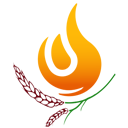

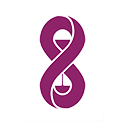
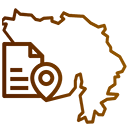

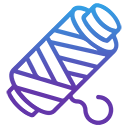
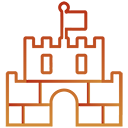


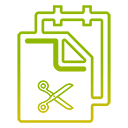

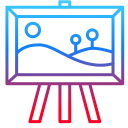
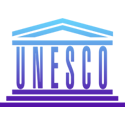
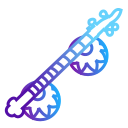
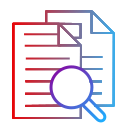




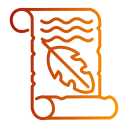


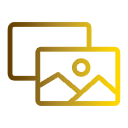
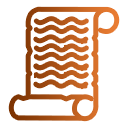


















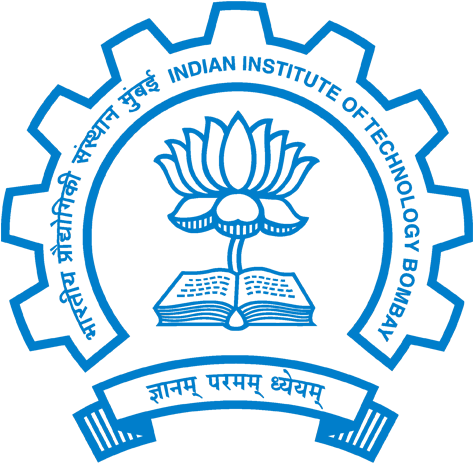
 Recognizing the ongoing need to position itself for the digital future, Indian Culture is an initiative by the Ministry of Culture. A platform that hosts data of cultural relevance from various repositories and institutions all over India.
Recognizing the ongoing need to position itself for the digital future, Indian Culture is an initiative by the Ministry of Culture. A platform that hosts data of cultural relevance from various repositories and institutions all over India.

